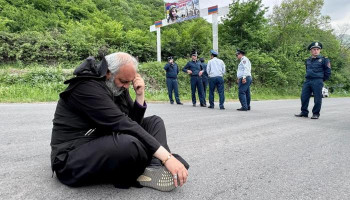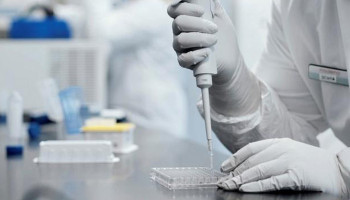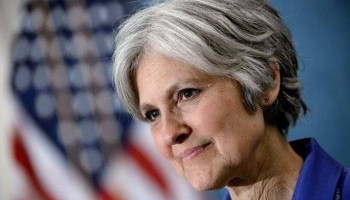Climate crisis to hit Europe’s coffee and chocolate supplies
 Coffee and chocolate supplies in Europe soon could be disrupted by the climate crisis as droughts hit producer countries, according to a study. The research also found a high vulnerability for palm oil imports, used in many foods and domestic products, and soybeans, which are the main feed for chickens and pigs in the European Union.
The scientists predicted a sharp rise in drought risk for EU agricultural imports overall. Only 7% were vulnerable over the last 25 years, but this grows to 37% in the next 25 years, even if carbon emissions are cut sharply. Shortages of supply could result in higher prices, they said. The analysis only considered drought; other climate impacts such as flooding and increased pests could worsen the situation. However, some regions may have lower drought risk in future and might partially compensate for lost crops elsewhere. “Climate change impacts are not just happening within your borders,” said Ertug Ercin, at R2Water Research and Consultancy and Vrije University in the Netherlands, who led the research. “The study gives evidence of how we are interconnected globally through trade and how climate-driven disasters outside our borders can touch our lives directly and can be really relevant to our society and economy. We cannot just ignore it any more.” The study, published in Nature Communications, concluded: “In the near future, supplies of certain crops to the EU could be disrupted due to increased drought in other parts of the world. Coffee, cocoa, sugar cane, oil palm, and soybean are the most climate-vulnerable imported products.” The EU produces only about 3% of the soybeans it uses, but 60% of soybean imports will come from places with a high vulnerability to drought by about 2050 in a medium emissions scenario. As soybeans are key to feeding livestock, “this makes the EU highly vulnerable to any disruption of soybean production”, the scientists said. The EU is 100%-dependent on cocoa imports for its chocolate production, and the analysis found drought vulnerability levels are projected to rise sharply in Indonesia and Malaysia, and to a lesser extent in the Ivory Coast and Ghana. The study estimated 28% of cocoa imports will be from locations with high vulnerability in 2050. Palm oil is one of the most widely used commodities and 61% of these imports become highly vulnerable to drought, particularly those from Indonesia. Sugar cane is mostly imported to Europe in processed food and 73% of these imports become highly vulnerable. The analysis found a low drought vulnerability for corn and sunflower imports. The analysis used data from before Brexit and therefore included the UK. It accounted for the ability of exporting countries to adapt to drought, by building more water storage, for example. But it was not able to assess whether increased exports from less affected countries might in part compensate for lost production elsewhere. “The study’s conclusions are reasonable in respect of droughts, but understate the overall vulnerability,” Rivington said. “Food systems will need to become more flexible to adapt to regional climate change extreme events. Open trade needs to continue without export restrictions to enable such trade movement flexibility.” Prof Elizabeth Robinson, at the University of Reading, said: “This is an important study that highlights the complexities of food security in an increasingly interconnected and climate-insecure world. Households in Europe have already experienced increased food insecurity due to drought overseas. For example, during the 2008 food crisis, lower-income households were particularly affected by increases in food prices.” Ercin said: “It’s fundamentally in Europe’s self interest to address climate [internationally].” He said helping poorer nations cut emissions and adapt to global heating for humanitarian reasons was important: “But maybe this kind of perspective can also wake up the businesses and policymakers in Europe.” |















